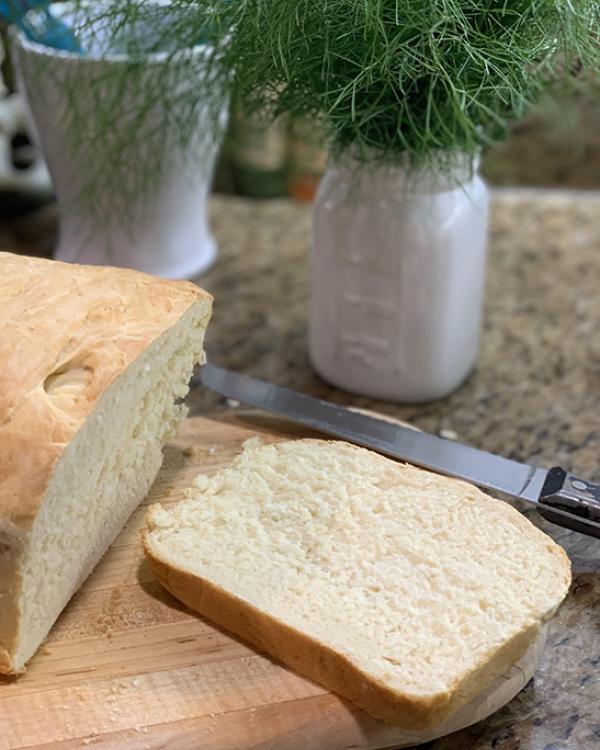
I awoke early Monday morning and I remembered, too late, that I was technically on “Spring Break” and not required to check on or log-in or grade or Zoom or plan for my job as a full time middle school teacher in Camarillo. Lately, my professional life has been regulated by daily emails (dozens), rare foraging expeditions (I finally found flour and yeast) and FaceTime calls from my daughter in New York. I don’t feel like I have a set schedule to adhere to as my son works the night shift at his job and I am by myself for most of the day. Our district has not allowed us to use Zoom meetings so contact with my 132 middle school students is via email through a Learning Management System. I used to forward those emails to my school account but I had to change the settings this week. I was so overwhelmed by the number I received every morning, I would cry. The students are asking questions and checking in and parents are expressing concern and asking for clarification on how best to help their child at home. Everything that we did in the classroom and on campus in real time has been reduced to email interaction. And I don't like it. It’s hard to gauge expression and to understand meaning in brief messages. I find myself drafting emails very carefully and purposefully. Thinking to myself, is this too much, too little, will they understand, will they show me grace? Have I shown them grace?
I have one class I teach during the week for UCSB and I’m finally getting a handle on the Zoom meeting thing. I actually shared my screen this week and next week I’m planning to have breakout rooms with small groups. I’m getting brave. My students are in this with me and we discuss how to navigate our sessions and make use of the time we have together. I miss the interaction in the classroom, but my class is focused on the use of technology in the classroom so what an amazing opportunity to test the theories, review the strategies and reflect on the future of education! We meet once a week and I look forward to that class. I ask each student to check in and share at the beginning of class and it is a highlight of my day to discuss teaching with these future teachers. They are reflective and thoughtful as they navigate this new world of teacher interviews and classroom expectations. I am reflective and thoughtful too. I have been a classroom teacher for over 20 years and I thought, once upon a time, that I had some answers to give to these future teachers. But now, I think carefully before I respond to their queries. I can respond based on pre-COVID-19 ideas but I find myself wondering how applicable my responses are when frankly, we don’t know what education will look like when we return to the classroom. Even if we return to the same classroom schedules, will we be the same as teachers? I find myself looking at my students in a different light. As I learn about their struggles and concerns, I realize there is nothing normal about teaching during this time and I should not try to make any of my lessons “normal.”
Camille Kavon, a Lecturer in the Teacher Education Program, is safer at home in Oxnard with her son Hayden. Her last day on a K-8 school campus was March 13th and she is currently a remote learning instructor for 132 middle school students. In between emails, teaching and planning sessions, Camille has discovered she loves baking bread (her first loaf pictured above). Believe the hype. There is something about kneading bread that helps elevate the mood.
 Walking this week and I notice his and hers face masks on the dashboard of the car. Made me stop in my tracks.
Walking this week and I notice his and hers face masks on the dashboard of the car. Made me stop in my tracks.
My daughter sent me this image of sunset in NY. She has started signing off her messages “from the deadliest city in the nation.” 